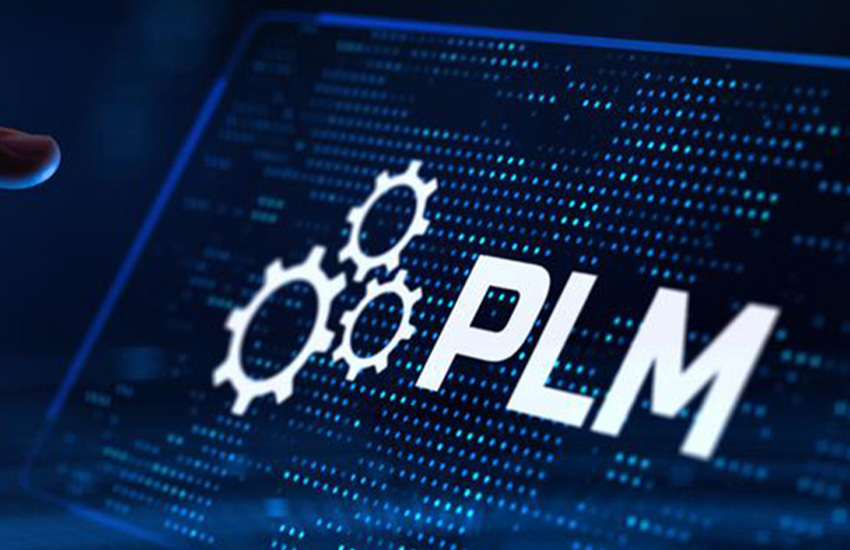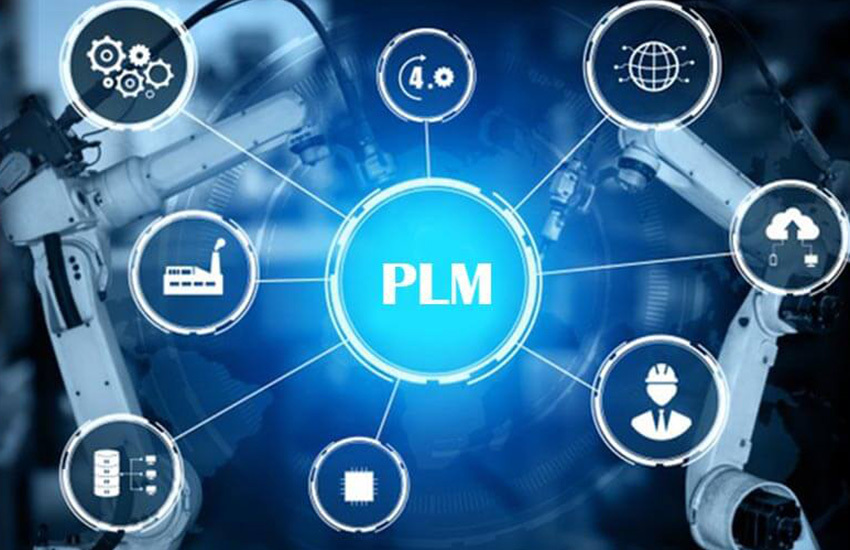
In today's fiercely competitive landscape, businesses are constantly seeking ways to streamline operations, accelerate innovation, and improve product quality. Digital transformation has become the driving force behind these efforts, leveraging technology to optimize every aspect of the product life cycle. At the core of this transformation lies a powerful tool: Product Lifecycle Management (PLM) software.
Product Lifecycle Management (PLM) coordinates the complete lifecycle of a product, spanning its development, growth, and eventual phase-out.
As businesses increasingly rely on sophisticated PLM solutions, effective PLM application support becomes pivotal in ensuring seamless integration and optimization of these systems.
PLM acts as the central nervous system for all product-related information, connecting teams, processes, and data throughout the entire product lifecycle, from concept to disposal. However, to fully realize the transformative potential of PLM, robust application support is crucial.
This blog delves into the role of PLM application support in digital transformation, with a focus on insights from Modelcam Technologies and the broader PLM services landscape.

PLM application support encompasses a range of services designed to ensure that PLM systems operate smoothly and efficiently. This support is crucial for businesses leveraging PLM software to manage product data, processes, and collaboration across the organization. From addressing technical issues and optimizing system performance to providing user training and integrating with other enterprise systems, PLM application support plays a vital role in maximizing the value derived from PLM investments.
Digital transformation involves rethinking how organizations use technology to improve their processes, enhance customer experiences, and drive innovation. PLM solutions are central to this transformation, providing a comprehensive framework to manage the complexities of modern product development. Here’s how PLM application support facilitates digital transformation:
A robust PLM system is integral to digital transformation, enabling organizations to streamline operations and improve product quality. However, to realize these benefits, the system must be stable and perform optimally. This is where PLM application support comes in. Regular maintenance, updates, and troubleshooting ensure that the PLM software remains functional and responsive. For instance, with the PTC Windchill solution, expert Windchill support can resolve performance issues and ensure that the system operates efficiently, thereby supporting digital transformation efforts.
Digital transformation often requires integrating PLM systems with other enterprise software such as Enterprise Resource Planning (ERP), Customer Relationship Management (CRM), and Supply Chain Management (SCM) systems. Effective PLM application support ensures that these integrations are seamless and that data flows accurately between systems. This interoperability enhances overall efficiency and data accuracy, which are crucial for informed decision-making and streamlined operations. You can explore our blog, Windchill PLM Integration for more information about integration of Windchill with other CAD software or ERP systems or CRM platforms, etc.
Successful digital transformation hinges on the effective adoption of new technologies by employees. PLM application support provides training and continuous help to empower employees in navigating and utilizing PLM systems efficiently. Check out our blog post regarding the importance of PLM training for your team and find out how investment done in training is beneficial for your business.
Training programs tailored to the specific PLM solutions in use, such as Modelcam Technologies’ PLM services, ensure that users are proficient in leveraging the software’s features to their fullest potential. This reduces resistance to change and accelerates the integration of new processes into daily operations.
A key aspect of digital transformation is leveraging data for better decision-making. PLM systems centralize and manage product data, making it accessible across the organization. Ensuring data integrity and accuracy is a key function of PLM application support. Regular audits, data migration support, and system configuration help maintain high data quality standards, which are essential for effective analysis and reporting.
Digital transformation involves optimizing processes to increase efficiency and productivity. PLM application support includes the customization and optimization of PLM processes to align with an organization’s specific needs. For example, PLM services in India and PLM services in the USA may offer tailored support to address regional or industry-specific requirements, enhancing the effectiveness of the PLM system in supporting transformation goals.
As organizations grow and evolve, their PLM needs may change. PLM application support ensures that the system can scale and adapt to new requirements. This might involve upgrading the system, adding new modules, or customizing features to meet emerging business needs. By providing flexible support options, PLM application support helps organizations stay agile and responsive in a dynamic market.
Modern PLM solutions come equipped with advanced features such as simulation, analytics, and collaboration tools that drive innovation. PLM application support helps organizations leverage these features effectively by providing expertise in their deployment and utilization. For instance, integrating advanced simulation tools into the PLM process can accelerate product development and enhance design accuracy, contributing to a competitive edge in the market.
In today's digital age, PLM software is a key driver of digital transformation. However, to unlock its true potential, businesses require robust PLM application support.
PLM application support provides the necessary infrastructure to ensure that PLM systems function optimally and deliver their full value. From system stability and integration to user training and data management, effective support is essential for leveraging PLM solutions to drive innovation and operational excellence. Organizations like Modelcam Technologies exemplify the value of specialized PLM support in helping businesses navigate their digital transformation journey and achieve their strategic goals. As digital transformation continues to reshape industries, investing in robust PLM application support will be key to staying competitive and agile in the ever-evolving market landscape.
Let’s connect: www.modelcamtechnologies.com
Email: sales@modelcamtechnologies.com
Mobile no : +91 8237016167
©Copyright 2025. All rights reserved by Modelcam Technologies Private Limited PUNE.